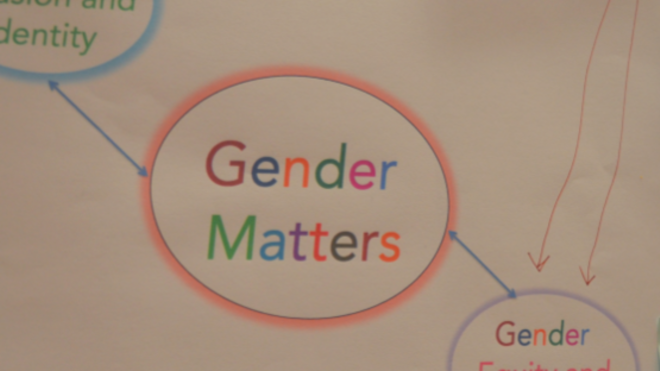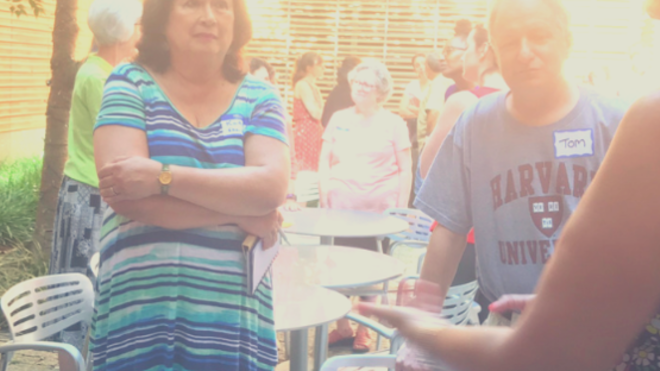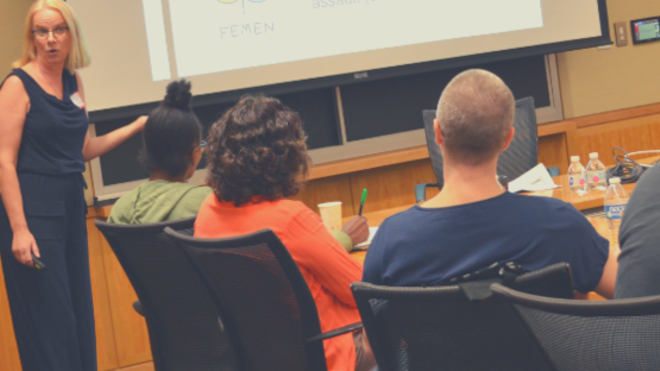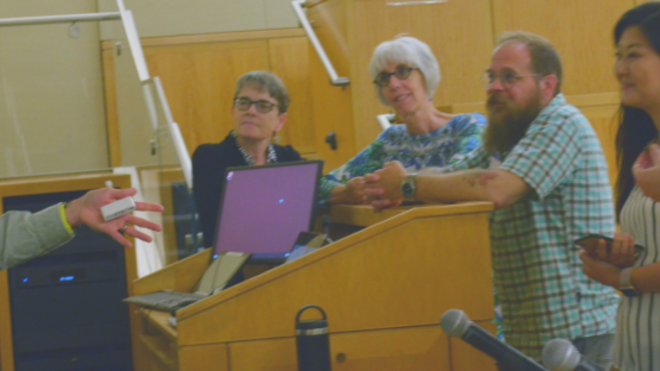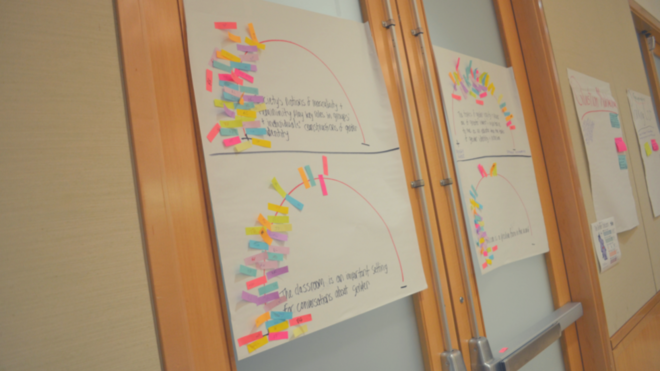Gender Matters: A Globally Focused Professional Development Workshop for Educators

August 5-8, 2019
- What is gender? How has it been constructed and understood across time, place and space? How does gender intersect with race, sexuality, class, ability, and other differences that affect people’s power and well-being?(identity)
- What is the current state of gender equality in different global communities? How do different global societies think about gender equality and to what extent do they share and pursue a common vision? (equality)
- How do understandings of gender shape access, opportunities, and systems? How do systems and institutions (political, economic, cultural, academic, familial, etc.) reinforce, depend upon, or dismantle gender inequalities? (power)
- What do our students need to understand about gender identity and equality so they can help create a peaceful, sustainable world in which all people are equally empowered and respected? How do we, as educators, create a learning environment for them that is affirming, safe, and equitable? (agency)
As a learning community we tackled many issues and focused on many topics related to gender. Some these themes we explored included:
- Examining gender as a biological reality and a cultural construct;
- Unpacking our own understandings and biases about what it means to be male, female, and non-binary;
- Considered how factors such as race, class, disability status, religion, sexual orientation add complexity to intersecting issues around gender inequality (intersectionality);
- Focused broadly on global patterns, trends and perspectives to enrich and expand our understanding of gender identity and equality beyond the American viewpoint; and
This workshop offfered our attending educators A focus on both content and pedagogy, which allowed our participants to wrestle with new ideas and insights individually and with peers in small learning groups. We utalized our regional expertise to bring in presentations and regional case studies by scholars and practitioners who study gender. Pedagogy and skill-building techniques, including many designed and further developed at Project Zero, a Harvard Graduate School of Education-based research group were utalaized, as well as an examination of gender equality as defined and prioritized United Nations Sustainable Development Goals. Finally, anintroduction to relevant classroom resources, including Harvard-based resources, to explore with colleagues and students, were given to all who attneded.
Successful participants received 35 Professional Development Points. Educators also had the option to two graduate credits from Framingham State University for an additional fee and an additional post-workshop assignment.
Additional details and speaker bios are available in the program booklet.
Questions?
Email globalstudiesoutreach@harvard.edu with any questions or concerns about the workshop.
Sponsored by the Asia Center, the Center for African Studies, the Center for Middle Eastern Studies, the Davis Center for Russian and Eurasian Studies, the Global Health Education and Learning Incubator, and the Religious Literacy Project of Harvard University.

